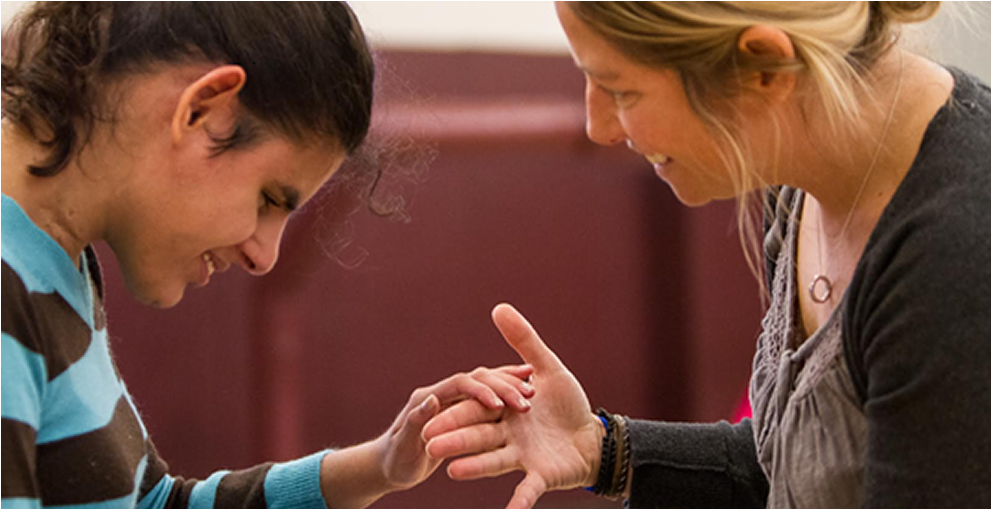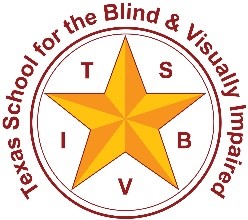Becoming a Teacher of Students who are Deafblind

Although at least two other states formally recognize the role of Teachers of Students who are Deafblind (Utah and Illinois), at this time there is no recognized state certification for a Teacher of Students who are Deafblind (TDB) in the state of Texas (Montgomery, C., CEC- DVI-DB Quarterly 2015). However, our standards have been approved by the State Board of Educator Certification (SBEC) moved to the State Board of Education (SBOE) in September 2020 where they were approved. Standards can be found on the TEA website. Also in place, there is currently coursework available at Texas Tech University that leads to either a graduate certificate in Deafblind Education or a master’s degree in Special Education with an emphasis in Deafblind Education.
The grant program currently available:
The DeafBlind Graduate Certificate Initiative provides funding assistance to qualified candidates through a grant from the Texas Education Agency (TEA) to cover tuition and fees for online courses needed for the DeafBlind Graduate Certificate. The grant is administered by the Texas Sensory Support Network (TxSSN). Applications are accepted throughout the year, but there are deadlines for consideration: June 1 for the fall semester, November 1 for the spring semester, and May 1 for the summer semester. At this time, anyone may apply, and preference is given to candidates who already hold Texas state certification as a Teacher of Students who are Visually Impaired (TVI) or Teacher of Students who are Deaf/Hard of Hearing (TODHH). You may view the application here. For questions, contact TxSSN or Hillary Keys at hkeys@esc11.net.

